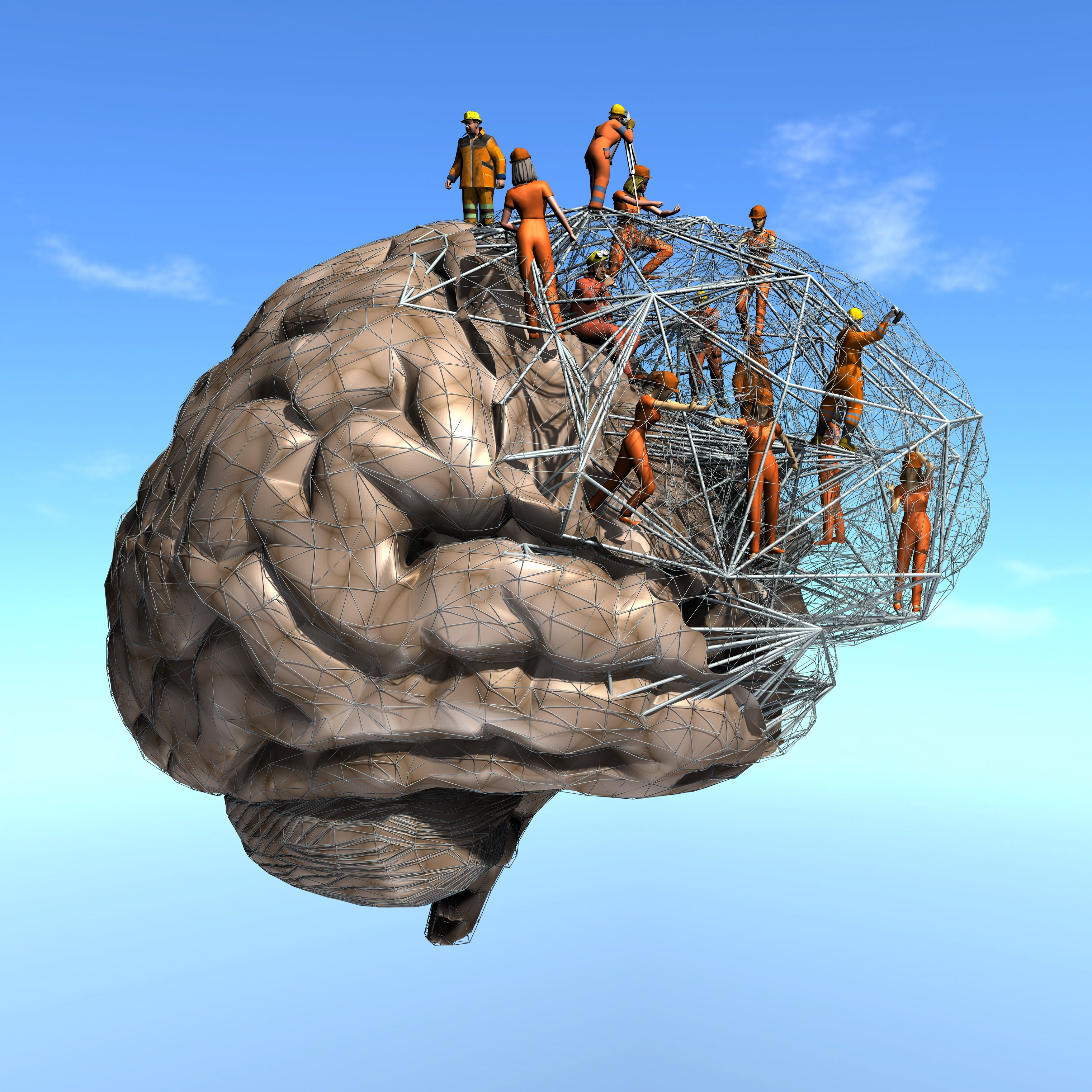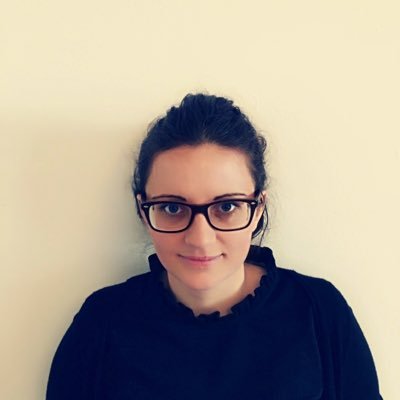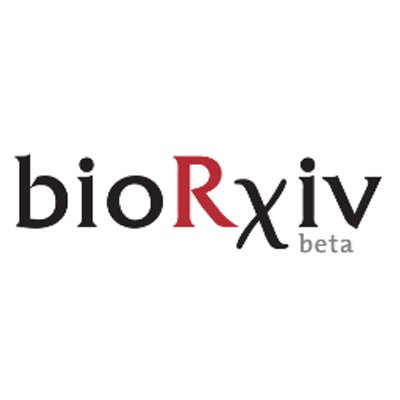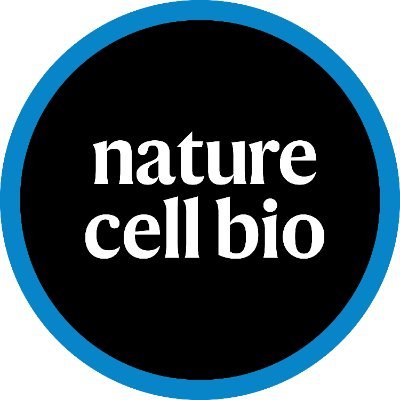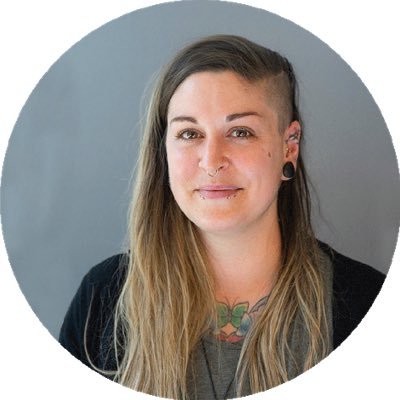
Christopher Esk
@christopher_esk
Followers
184
Following
351
Media
0
Statuses
55
Assistant professor, Uni Innsbruck; Research associate, Knoblich lab, IMBA
Innsbruck and Vienna, Austria
Joined November 2015
Excited to share our latest preprint (@biorxivpreprint) on brain organoid development. Lead by Julia Naas and Meritxell Balmaña (@txellbalmana) with Arndt von Haeseler, Christopher Esk (@christopher_esk) and colleagues across Vienna. @MaxPerutzLabs, @IMBA_Vienna, @CeMM_News.
1
15
68
Excited to share this work now published @naturemethods and to have contributed to develop this interesting model of cortical patterning. A fantastic collaborative work with another @Knoblich_Lab alumnus @BosoneCamilla , @castaldi_davide @CarloEmanueleV1 @humantechnopole
New paper alert! The @Knoblich_Lab partnered with researchers at the @humantechnopole and @unimib to develop new brain organoids with distinct cortical areas and front-to-back patterning and study human-specific brain development and disorders. Read more: https://t.co/400ZaVys6U
1
6
39
Wohoo! Great work, @FahrenbergerM , on improving scRNA-seq analyses. Easy to use, implementation in Seurat workflow, better results across the board! Happy to have pitched in. Congratulations!
I m happy to present our latest preprint, and the main work of my PhD-project: "GTestimate: Improving relative gene expression estimation in scRNA-seq using the Good-Turing estimator" In this manuscript we introduce a new normalization method for scRNA-seq data.
0
1
2
I m happy to present our latest preprint, and the main work of my PhD-project: "GTestimate: Improving relative gene expression estimation in scRNA-seq using the Good-Turing estimator" In this manuscript we introduce a new normalization method for scRNA-seq data.
GTestimate: Improving relative gene expression estimation in scRNA-seq using the Good-Turing estimator https://t.co/s41FAne2QR
#biorxiv_bioinfo
2
4
9
Very pleased to share our recent preprint for a targeted scDNA-scRNA-seq method. Thx a lot to everyone who contributed! https://t.co/sSBn3R6saz
biorxiv.org
Genomic variation ranging from single nucleotide polymorphisms to structural variants can impact gene function and expression, contributing to disease mechanisms such as cancer progression. The...
We are very happy to share our preprint (D. Lindenhofer et al.) of a high-throughput targeted scDNA-scRNA-seq (SDR-seq) method. Impactful for any application with a need to associate coding and non-coding variants to gene expression in tissue samples and cell culture systems.
1
3
26
💫Two new papers and a joint News & Views article: @Knoblich_lab & co perform whole-tissue #LineageTracing in human #CerebralOrganoids to reveal that a subpopulation of symmetrically dividing cells can adjust its lineage size depending on tissue demands. https://t.co/RsABGzrRSm
nature.com
Nature Cell Biology - Lindenhofer, Haendeler, Esk, Littleboy et al. perform whole-tissue lineage tracing in human cerebral organoids to reveal that a subpopulation of symmetrically dividing cells...
1
8
33
📢 We’re excited to share another story published this week in @NatureCellBio! An effort led by @DLindenhofer, Simon Haendeler, @christopher_esk & @jamielittleboy1. Cerebral organoids display dynamic clonal growth and tunable tissue replenishment ( https://t.co/xJNLOJspxN) 🧵1/9
nature.com
Nature Cell Biology - Lindenhofer, Haendeler, Esk, Littleboy et al. perform whole-tissue lineage tracing in human cerebral organoids to reveal that a subpopulation of symmetrically dividing cells...
1
9
32
New paper alert! Jürgen Knoblich and his team describe how so many more neurons are generated in the human brain than in the brains of other animals. Now out at Nature Cell Biology. Find out more: https://t.co/qB8CUZHIWZ
0
5
24
📢 Paper alert! Here's our latest @CellStemCell story, led by @catarinacsmc. The corpus callosum safeguards interhemispheric communication in the human brain. 𝘈𝘙𝘐𝘋1𝘉 mutations cause agenesis/absence of the CC. But by which mechanisms? ⤵ https://t.co/fmZbFCbLjo 🧵1/10
2
16
71
We are excited to share our latest work on developing a model of the human dopaminergic system with functional dopaminergic innervation, which we use to study Parkinson’s cell therapy as well as the reward system, published today in Nature Methods ( https://t.co/2Xf6JyG3K2).
3
32
147
So excited to finally share our work on one of the two first construct-valid mouse models of gating-modifying CACNA1D (Cav1.3) variants implicated in neurodevelopmental and endocrine dysfunction in @JCI_insight.
2
9
24
Thank you for the great meeting where this idea was crafted: Study Group Molecular Neurobiology of the @GBM_eV. And Biological Chemistry @degruyter_pub.
0
0
1
Interested in genetic screening in human brain models? Check out our review. Great collaboration with @StemCellUibk. https://t.co/JFZJbr9XQp
degruyterbrill.com
Advances of in vitro culture models have allowed unprecedented insights into human neurobiology. At the same time genetic screening has matured into a robust and accessible experimental strategy...
1
1
10
Congratulations to @ChongLi_cl and everyone in @Knoblich_lab and @TreutleinLab on this very cool project finally being published alongside https://t.co/yx1VeZ8bIF. I am very happy to have pitched in a little bit.
We are thrilled to share our latest work, a collaborative effort with @TreutleinLab, in Nature ( https://t.co/pChgPCFEOM). We introduce CHOOSE, a powerful screening system within cerebral organoids, through which we identified developmental defects associated with autism. 🧵1/7
0
0
17
📢 Our review on next-generation #deconvolution of the tumor microenvironment has been published on @IRCellMolecBio! 🎉 https://t.co/9eOm2YGuU7 Kudos to @lorenzo_merotto @mzopog and @ConstantinZackl! @DiSC_uibk @uniinnsbruck
2
26
87
📣 Preprint alert! Check out our latest story, led by @catarinacsmc. The corpus callosum safeguards interhemispheric communication in the human brain. 𝘈𝘙𝘐𝘋1𝘉 mutations cause agenesis/absence of the CC. We wanted to know why. 🤓 🧵1/9 https://t.co/RwkEOBpf31
3
24
90
📢#PhD and #PostDoc positions in my group at @uniinnsbruck @DiSC_uibk to computationally reconstruct cancer interactomes from NGS multiomics @FWF_at project in collaboration with @LabiLab5 @villunger @_JoelRiley
https://t.co/DyDhGG2CLF
https://t.co/gwS0EGgCvf Please RT! 🙏
1
22
41
„Remove academic age limits on ERC grants” - Jetzt unterschreiben! https://t.co/KqdyriNaPq via @Change
0
0
1
I am very honored to receive the Early Stage Funding from the University of Innsbruck, a research funding meant to support small projects of young scientists! I am looking forward to a fruitful year full of exciting new data! #iPSCs #stemcells @StemCellUibk @uniinnsbruck
3
2
22

